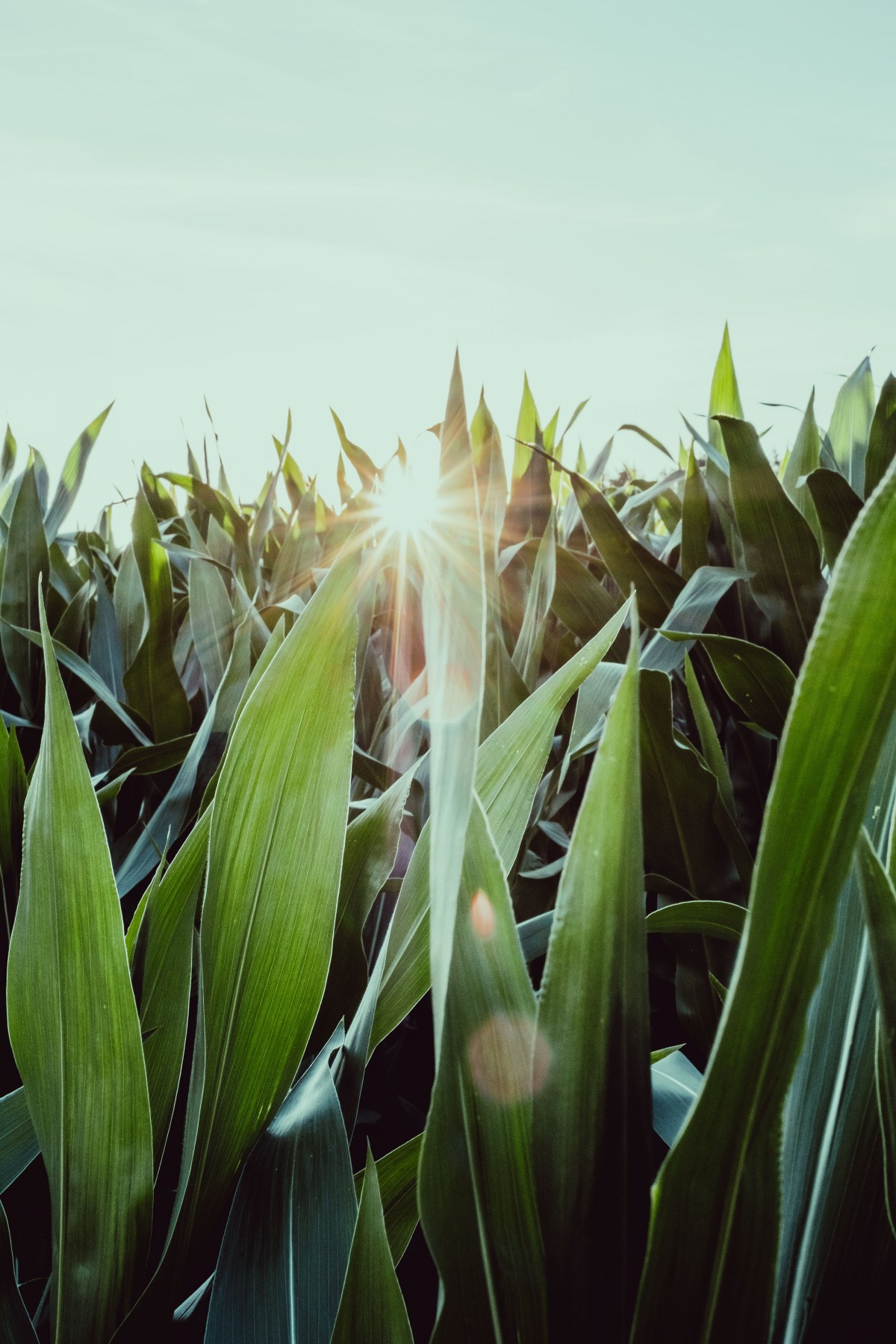Soil Microbes & Sustainable Farming: Basics Explained

In 2020, we need sustainable agriculture more than ever. If you’re unfamiliar with the term, the gist of it is farming in a way that not only meets the needs of present-day humans but also ensures that future generations will be able to do the same.
The way we are treating our planet right now is not really conducive to future generations being able to do much of anything. We’re doing an awful lot of damage to the environment and it’s becoming increasingly difficult to know what the safest route to take is when farming.
The norm has become synthetic fertilizers and pesticides, it’s become aggressive over-tilling the soil to the point where massive stretches of farmland that should last for centuries are on the path to unusability.
This might be the easy route and it’s a route that allows farmers to ignore the problems that they are creating for the generations that will be trying to farm in the future, but it’s just prolonging the problem and passing it on to someone else.
And look, I’m not really blaming farmers here because most of them probably don’t even realize the problems that they’re causing. Like I said earlier, the dangerous stuff has become the norm, it’s ingrained into the minds of this generation of farmers that this stuff is just how we do things.
They’re probably not even aware enough of the potential problems to be able to actively ignore them. But we don’t have to be causing this much damage, there are alternate routes we can take which are sustainable.
And one area of agriculture that would be tremendously helpful, which isn’t being used nearly as much as it should, is soil microbes. So let’s take a look at what that term actually means and how it can be utilized.
When we think about soil, we tend to just think about dirt really. Those of us that aren’t farmers or gardeners just think of it as something that makes a mess and as such, we don’t see a whole lot of value in it.
But soil is actually a lot more complex than that. It’s a natural habitat for several different major forms of microorganisms such as bacteria and fungi. There’s also plants and insects out there of course but the microorganisms are the interesting part.
A lot of farmers are under the impression these days that they need chemicals and damaging synthetic materials for their land to function properly when in truth all they really need is those microorganisms. They’re everywhere. This stuff even lives right outside in your backyard. And if utilized correctly, microorganisms can do a whole host of things which will ensure that our farms are sustainable for years to come.
For one thing, plants are always under threat of biotic and abiotic stress. Things like a lack of water and extreme temperatures. Soil microbes can be used to enhance resistance to these issues for the majority of plants.
Another problem often faced by farmers is soil contamination. While this can be caused by certain unavoidable things like acid rain, road debris and accidental spillage of harmful materials, the way we farm can also have the same effect.
Intensive farming, petrochemicals and also using the wrong kind of pesticides, herbicides and fertilizers. Soil contamination can often lead to the land being unusable but not if you are treating your soil with microbes instead of those other, more harmful soil treatments.
The nutrients present in soil microbes can help to remediate the contaminated soil so that your plants won’t suffer as a consequence of unexpected problems. Soil microbes can also be used to neutralize rocks in the soil which might get in the way of plant growth. These microbes turn rocks, nitrogen in our atmosphere, into plant available food.
They can be used to manage soil fertility as well as recycling nutrients which would otherwise only serve a single purpose and there many other ways in which effective use of soil microbes can contribute to sustainable, organic farming. Even locked up nutrients which are unavailable to the plant due to pH issues, get freed up and ready for plant use.
If you want to start putting the microbes in your soil to good use then we’ve got the perfect thing for it in the form of our Organic Vermisterra Tea. Derived from our very own Worm Castings, this tea is perfect for stimulating microbe activity. These microbes live in and clean the soil, some even compete with harmful nematodes.
It’s also got mycorrhizae which boosts root strength and production as well as humic acid which helps to increase the nitrogen, phosphorus and potassium content in your soil. And it’s always lab-tested to ensure it’s free of pathogens.
Farmers and gardeners worry about insects attacking their prized crops. With sustainable and organic farming, most focus on integrated pest management (IPM). This is the practice of using natural predators to control insects in your garden. One example is freeing ladybugs in the garden to eat aphids. What if I told you that earth worm castings prevent insect pressure in plants? Research shows that plants fed with vermicompost are no as attractive to sucking insects. Also, healthier plants have tannic acid which upsets the digestion and reproductive system of many insects. Combine IPM with earthworm castings and you are bound to have a healthy garden.
Our customers are consistently satisfied with this product and there’s no reason why you shouldn’t be too if you want to give it a try. The future of our agriculture industry is at hand, and it’s becoming clearer and clearer that soil microbes are the way forward for us.
